Election 2022: strength in the numbers
The first two parliamentary weeks were soured by triviality and negativity – with little debate on the economy and coming budget.
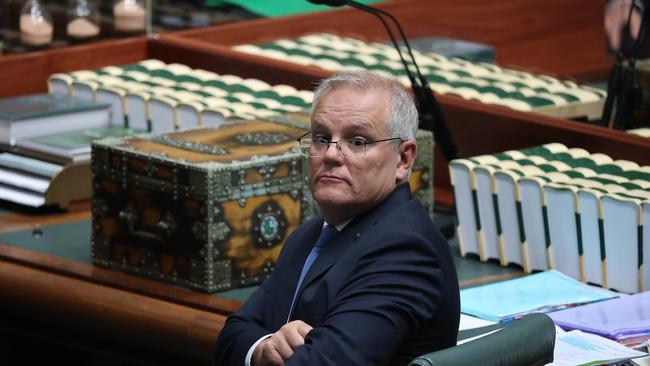
Yet for the past two parliamentary sitting weeks there has not been one question on the budget, deficit, spending or debt – from either side. As they prepare to go to the polls, Labor doesn’t want to talk about the budget and the economic recovery, and the Coalition is intent on blackening the ALP’s economic credentials and leaving its own limited budget options to be revealed on March 29.
There was no budget debate because both sides are standing on their record and arguing they will be better than the other side.
The first two parliamentary weeks of the year were coloured by scandalous triviality and brutal negativity while being devoid of budget or economic debate.
Labor continued to portray Scott Morrison as a “liar” who had failed “at his job”, and the Prime Minister unleashed a negative campaign against Anthony Albanese as being economically inexperienced and a weak leader who would not stand up to China’s bullying while being Beijing’s “preferred candidate”.
The only time the budget was mentioned was when Morrison – in response to the Opposition Leader attempting to table his university essay on neoclassical theory of the competitive market system to demonstrate his economic credentials – pulled last year’s budget paper out of his desk drawer and brandished it as evidence of his experience in formulating budgets as a member of the expenditure review committee, treasurer and Prime Minister.
Opposition Treasury spokesman Jim Chalmers asked Josh Frydenberg questions about political donations, how an old lady came to fall off a balcony, what a Liberal backbencher said about tax and a government advertising campaign.
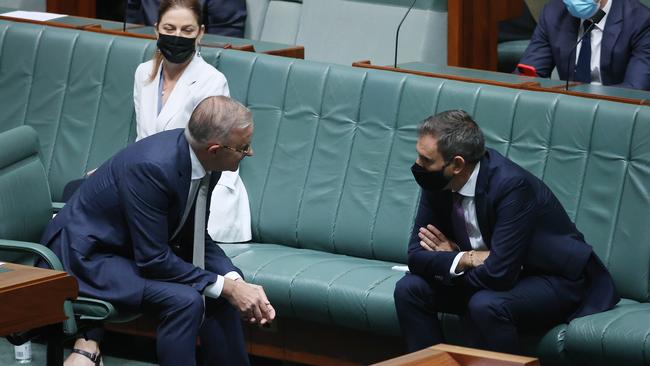
In answer to Coalition questions, the Treasurer pounded away at his tax scare against Labor, using Albanese’s support for an inheritance tax proposal from the ALP conference of 1991 and the dangers of a Greens-Labor alliance imposing a raft of new taxes.
The only person talking about the budget in Parliament House was Treasury secretary Steven Kennedy at a Senate estimates committee, declaring that a momentous period of unusual economic stimulus totalling $337bn was at an end and the process of normalising the economy had to begin.
Kennedy said: “This unusual episode of macroeconomic policy is now coming to an end. The fiscal policy impulse is receding, reflecting the temporary and targeted nature of the policy response.”
He also acknowledged and endorsed years of enormous budget deficits and called for the reduction of payments and stimulus to be tapered to avoid an austerity shock to the economy.
“In these circumstances, it is important that the withdrawal of fiscal policy support is tapered, as it currently is, to ensure that monetary policy has an opportunity to normalise,” he said.
Before the pandemic and its recession, such words from a Treasury secretary would have brought parliamentary question time to a shuddering halt and potentially a treasurer to his knees, but everything is different now and the politics of the economy even more so.
Labor’s negative attacks on Morrison during the past two years have been highly personal and damaging while arguing he has failed to “do his job” as Prime Minister in dealing with the health and economic effects of the pandemic, especially in aged care.
On Thursday, Labor continued to attack Morrison’s record on aged care as it sought to keep the debate away from the economy, with Labor deputy leader Richard Marles asking why Morrison wasn’t doing his job and accusing him of running a “desperate, untrue scare campaign”.
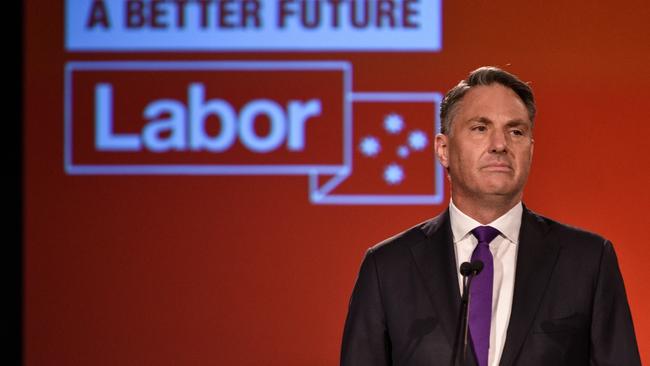
Harking to the 2019 bushfires and the leaked texts from former NSW premier Gladys Berejiklian used to embarrass Morrison, Marles asked: “At the heart of the bushfire crisis, Gladys Berejiklian said the Prime Minister was quiet, more concerned with politics than people … Wasn’t Gladys Berejiklian right? Why won’t the Prime Minister just do his job?”
Morrison took the opportunity to argue that to have strong national security you needed a strong economy, and said the Coalition was strong on the economy and defence whereas Labor had cut funds to intelligence services, the Australian Federal Police and defence.
While this will be an essential theme of the budget – security, restoring jobs, paying for Covid protection and maintaining defence spending through economic strength – Morrison took the chance for a bit of personal “character test comparison” with Albanese.
“It’s my job to stand up for the liberal democratic values that a country like Australia has always stood up for. If there’s any country out there, including in our region, who thinks they can bully and coerce Australia, they won’t find a preferred candidate in this Prime Minister. We have stood up to the bullies. We have stood up to those who would seek to coerce. This job is all about strength, Mr Speaker. This is a very weak leader of the Labor Party,” Morrison said as he personalised his attack.
Yet this week Labor’s questions concentrated on aged care, including the low wages of aged-care workers, without reference to Labor’s two tests of restoring jobs and post-pandemic economic recovery. The answer from Morrison on Thursday was “jobs, jobs and jobs” as he welcomed 12,900 new jobs, a steady unemployment rate of 4.2 per cent and more women than ever in work.
Labor wants to talk about Liberal divisions, not the economic cliff it predicted at the height of the pandemic with the withdrawal of JobKeeper and job losses.
Australian Bureau of Statistics labour force figures showed seasonally adjusted employment increased by 12,900 last month, to stand at a record high 13,255,000 people, 259,500 above the March 2020 level when Australia recorded its 100th case of Covid-19. The unemployment rate was unchanged over the month, at 4.2 per cent, the equal lowest since August 2008.
The Reserve Bank’s assessment: “The Australian economy has bounced back strongly from the lockdowns associated with the outbreak of the Delta variant of Covid-19 in the second half of 2021. GDP is expected to have grown by 5 per cent over the year despite these lockdowns … GDP is expected to grow by around 4.25 per cent over 2022 and 2 per cent over 2023.
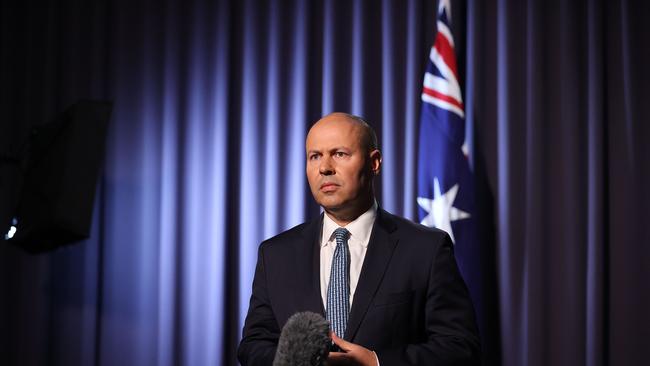
“The labour market has likewise recovered quickly.
“With job vacancies and other indicators of labour demand remaining strong, further improvement in the labour market is anticipated over the course of this year and into 2023.
“The central forecast is for the unemployment rate to fall below 4 per cent later this year and to remain so over the rest of the forecast period.”
This is why Labor did not ask a budget or broad economic question before the budget and why Albanese sought to distract and deflect Morrison from the economy on to corruption, religious freedom, Liberal divisions, scandalous texts and the 2019 bushfires.
Morrison and Frydenberg did not seek budget questions themselves because they were concentrating on the belated strategy of asking who Albanese was as a politician and effectively raising doubts about his attitude towards tax and spending.
But there are other reasons: the 2022 pre-election budget cannot and will not be a grand giveaway budget because it would be treated cynically by voters.
The so-called $16bn spending war chest is largely committed, the Coalition’s conservative supporters want to see some fiscal discipline and there is an aspiration to frame the budget as a responsible and positive move towards normalisation of the economy.
Last week, outside parliament, Frydenberg drew “a line in the sand” and set out a normalisation process for the economy to return to pre-Covid and pre-recession resilience.
“I am confident that as the Omicron peak passes, we will again see the economy surge ahead,” he said.
“We will face ongoing challenges, of that we can be certain: workforce shortages, supply chain disruptions and the return of higher inflation. In tackling these issues, we must also have an eye to the future to ensure we continue to build a stronger and more productive economy.
“Now is the time to start confidently moving back towards normalised economic settings. It is time to let businesses get back to business.
“Time to get people back safely to our CBDs, back moving freely around their communities. And it is time for the private sector, who have taken the baton, to continue to run hard.”
But all this is still short of detail or even the beginning of the narrative of what voters can expect from the budget next month.
That will change as MPs move into the five-week break, Morrison begins to truly travel and campaign around the country (except in Western Australia), there will be a bit of pre-budget good news, the budget process moves into the final weeks and Frydenberg delivers a fiscal strategy outlook to place the budget in the economic recovery framework.
The budget is the last set piece before the election is called for May 7 or May 14 and is central to getting the debate back on the economy – where the Coalition needs it if it is to have a chance of victory.


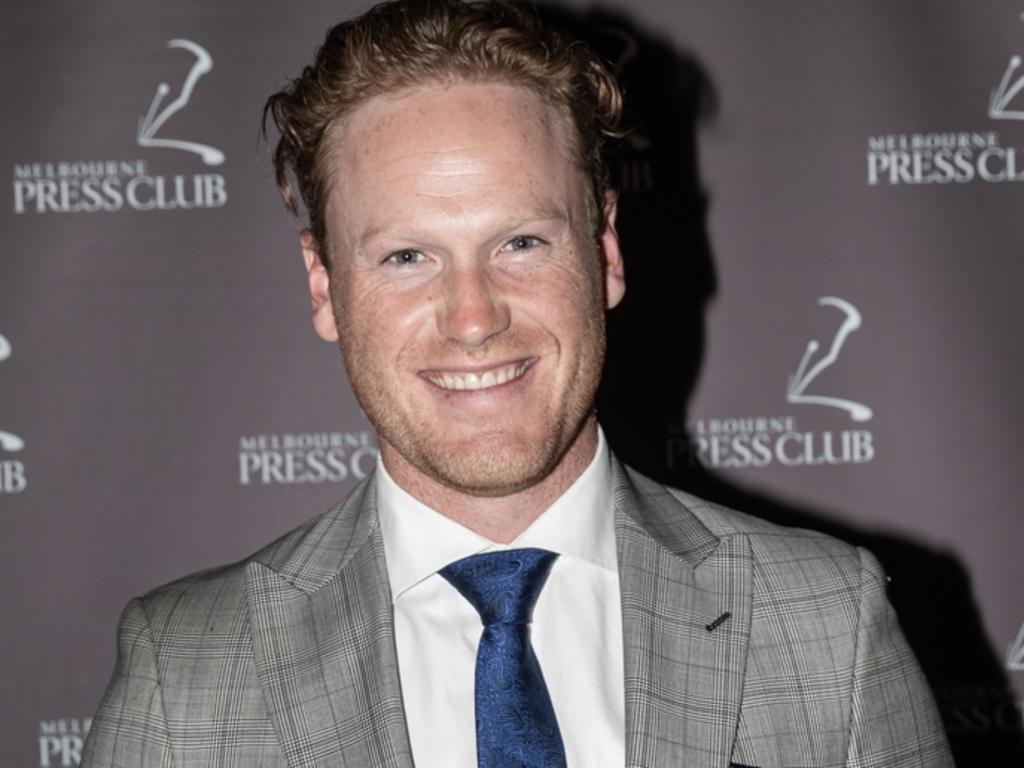
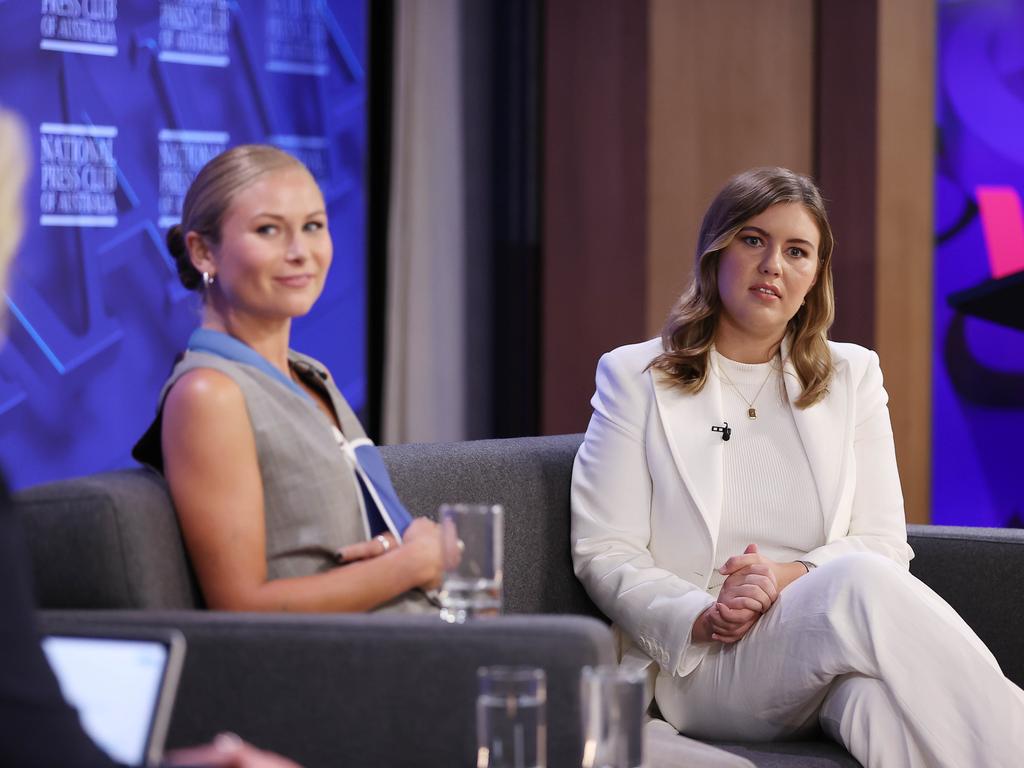


The next parliamentary sitting day will be budget day, when national debt moves further towards $1 trillion, an unprecedented emergency spending bill of $387bn is brought to account and, after a Covid pandemic recession, steps towards normalising the economy will be made.